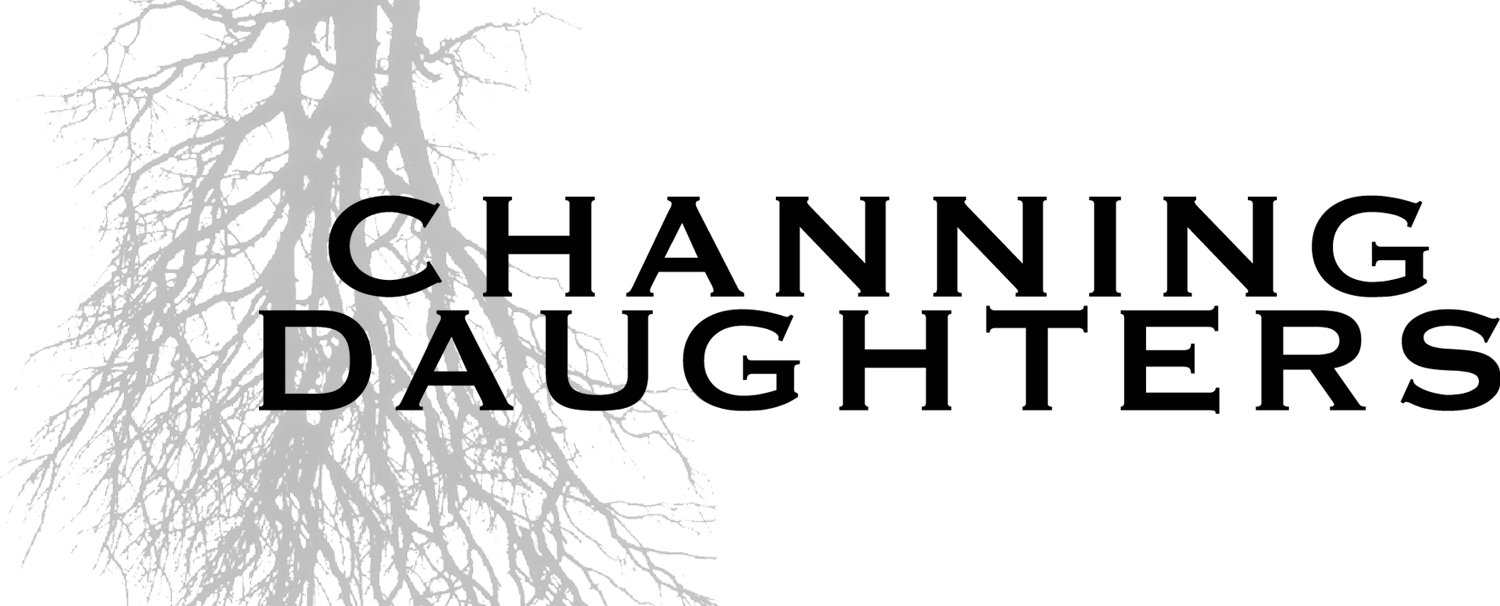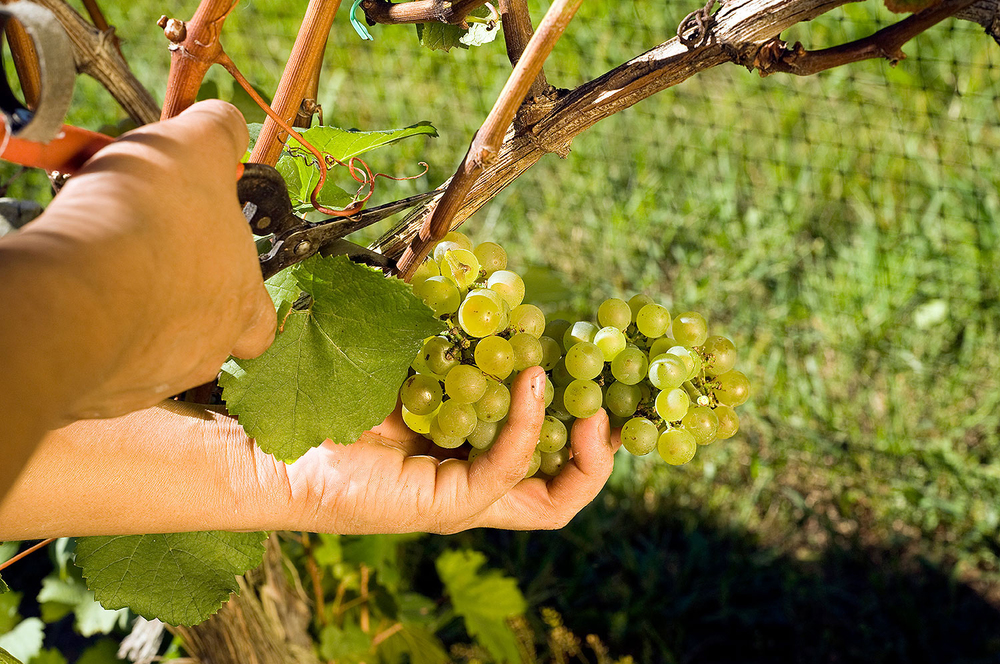Sustainability
Channing Daughters Winery
Founding Member of
Long Island Sustainable Winegrowing
an Independent, Third Party-Certified Sustainable Viticulture Program
— Mission Statement of Long Island Sustainable Winegrowing
Channing Daughters Winery and Partner/CEO Larry Perrine have worked in concert with Cornell Cooperative Extension of Suffolk County, Cornell University, and a group of Long Island grower/winemakers to create an independent, third party-certified sustainable viticulture program tailored to the environmental needs of our East End ecosystem. Our certification program is based on the Cornell’s Vine Balance Grower Self-Assessment Workbook, developed as a set of over 200 Best Management Practices, which have been tailored to our local ecosystem by the founders of LISW.
Our Long Island Sustainable Winegrowing program is inspired by the pioneering West Coast work of the Lodi Rules and Oregon LIVE programs. Long Island Sustainable Winegrowing is the first sustainable viticulture certification program other than on the West Coast in the United States.
Recycling
We recycle 100% of our grape pomace (skins, seeds, pulp) from each harvest and with the addition of our neighbor’s horse manure, create 40 tons of compost every year. In addition, all vine prunings are chopped and return to the earth within our vineyards.
Organic Nitrogen Use
We apply our farm-made compost and other organic sources of nitrogen to our vineyards, eliminating the need for synthetic nitrogen. These slow-release forms of organic nitrogen prevent the leaching of nitrogen into our ground water, creeks, and bays, and contribute to the gradual renewal of our bays.
Cover Crops
Over 90% of each acre of grapevines is under permanent mixed cover crops, protecting the soil from erosion and contributing to the bio-diversity of our farm.
Social Responsibility
All employees are paid a living wage and provided with standard health insurance. Proper work training for safety and advancement is a normal part of work.
LISW: Sustainability Talking Points:
Long Island Sustainable Winegrowing is a 501(c)3 not-for-profit organization that provides education and certification for Long Island vineyards. It was launched in 2012 and is the first third-party sustainable certification program on the East Coast of the U.S.
What does this mean? What is sustainability?
Sustainability is a holistic system that takes into account the three E’s:
Environmental, Economic and Social Equity
A way of life and a business pathway to long-term success
Dynamic, evolving system that utilizes a science-based approach
Defined locally
A continuum toward improvement.
A science-based approach that utilizes methods and best practices from traditional, organic and biodynamic principles and fuses them together into a single agricultural system.
Why Certification?
Validates the claims of sustainability – makes sure people are doing what they’re supposed to be doing.
Set Standards - highlights:
Weed control strategies reduce or eliminate herbicide use\
Vine canopy management (leaf removal/hedging, shoot thinning) to help control disease
Fertilization is limited to 20 lbs/acre/year in order to reduce nitrogen leaching into groundwater
Mandatory cover crops on the vineyard floor to reduce soil erosion
Irrigation use is limited
Integrated Pest Management (IPM) techniques reduce the use of insecticides and fungicides
Prohibited materials include all restricted use fungicides and insecticides.
Vineyards must have an ecological compensation area – part of the property must remain in a natural state
Growers must participate in continuing education
Members must complete a checklist of nearly 200 sustainable grape growing practices that include thoughtful vineyard planning, encouraged and prohibited materials and practices, proper fertilizer and fungicide storage and numerous ecological management options. The primary goal of technical farming standards is to maintain healthy farmland soils, conserve Long Island’s delicate maritime and estuary ecosystems, and protect ground and surface waters from leaching and runoff.
LISW recognizes that social responsibility complements the high quality winemaking and natural beauty already associated with the Long Island wine region. “The announcement of our first certified sustainable vineyards strengthens the ecological leadership and social responsibility of the Long Island wine region,” said Richard Olsen-Harbich, Winemaker at Bedell Cellars. “The effort of creating meaningful, rigorous sustainable farming standards for grape growers proves that Long Island wineries are serious about making world-class wines that are also ecologically sensitive.”
For more information please visit the website at www.lisustainablewine.org




